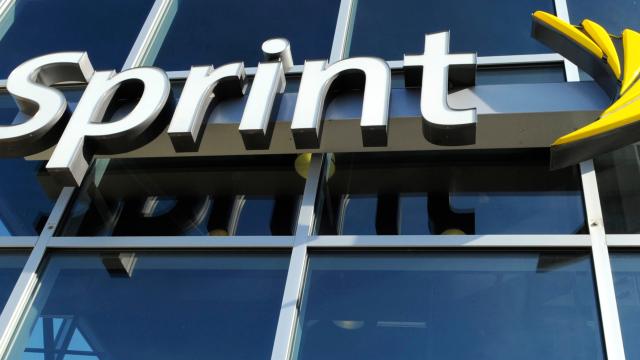Following recent research that found U.S. telecom companies were throttling video streaming services like Netflix and YouTube, three Democratic senators are now calling for a response from those major mobile carriers in letters to their respective company heads.
Citing a multi-university study that collected data on the practice using an app called Wehe—which was developed by researchers at Northeastern University and the University of Massachusetts to assess ISPs for net neutrality violations—Senators Edward Markey, Richard Blumenthal, and Ron Wyden on Thursday jointly requested written responses to allegations of throttling, citing a violation of net neutrality principles:
Through the use of the app Wehe, researchers recently identified numerous instances of cellular providers throttling video and communications services. Such practices would violate the principles of net neutrality and unfairly treat consumers who are unaware that their carriers are selecting which services receive faster or slower treatment.
All online traffic should be treated equally, and internet service providers should not discriminate against particular content or application for competitive advantage purposes or otherwise.
The letters were addressed to AT&T’s chairman and CEO Randall Stephenson, Sprint’s CEO Michel Combes, T-Mobile’s CEO John Legere, and Verizon’s CEO Hans Vestberg. The senators requested information about the specific apps being throttled, a timeline for when any throttling practices began, policies around informing customers and apps subject to it, as well as other specifics that would likely offer insight into whether any of them broke rules established by the Federal Communications Commission. They asked that the company heads provide their respective written responses by Dec. 6.
Responding to allegations of video throttling in September, major carriers told Bloomberg at the time that they were doing so in order to manage traffic, suggesting that customers who want better quality and faster video streaming should pay for it. As Ars Technica noted Thursday:
Much of the throttling can be explained by carriers’ policies of limiting video throughput, particularly on lower-cost wireless plans, a practice that wouldn’t necessarily have violated the net neutrality rules repealed by the Federal Communications Commission. Current FCC rules don’t ban throttling or blocking, but the FCC still requires carriers to disclose throttling and other forms of network management.
Earlier this month, the researchers behind the study specifically noted in a summary of their findings that they discovered a “significant number of instances” of Sprint throttling of Skype, writing that it was particularly noteworthy “because Skype’s telephony service can be construed as directly competing with the telephony service provided by Sprint.”
Sprint told Gizmodo in a statement at the time that it neither throttled Skype nor “[singled] out Skype or any individual content provider in this way.” Sprint at the time also questioned the legitimacy of the peer-reviewed study, the methodology of which was clearly outlined.
T-Mobile declined a request for comment but said it would be responding to the senators within their requested timeframe. Gizmodo has reached out to AT&T, Sprint, and Verizon and will update if we hear back.
